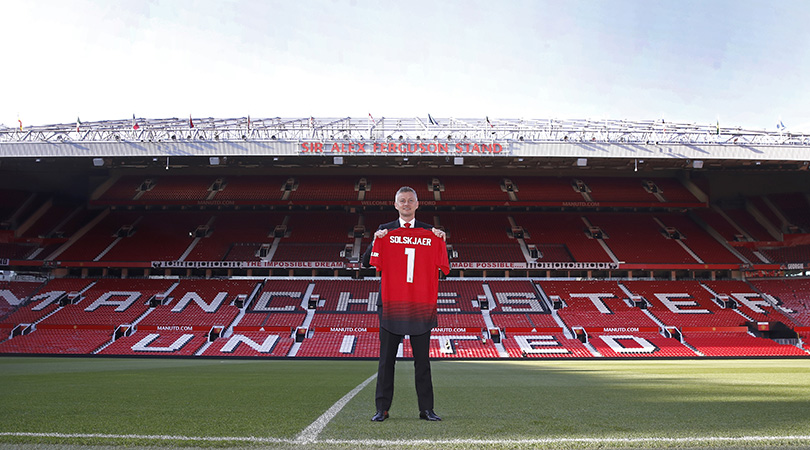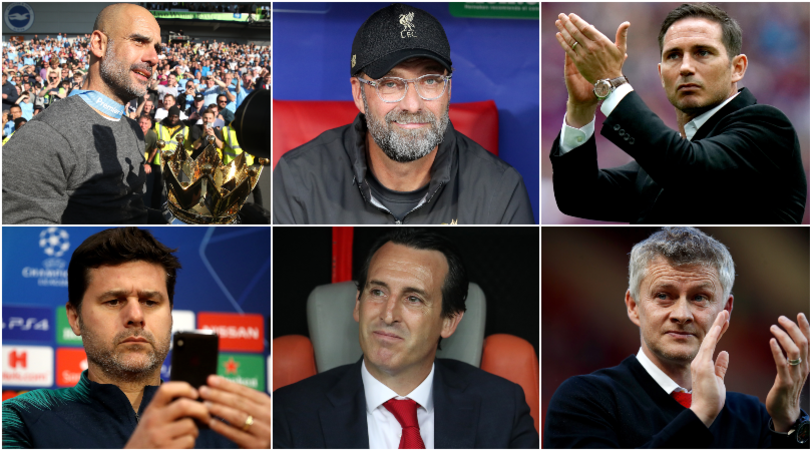The new Financial Fair Play rule change that could completely change how next season’s Premier League plays out
The decision to do away with Short Term Cost Control makes it much easier for mid-table sides to break into European places

A new change to the Premier League’s Financial Fair Play rules could help to break the 'Big Six' monopoly. And at the other end of the table, the change may also hamper the ability of newly-promoted sides to cement their top-flight status.
Effective immediately, this reform will completely change the nature of this summer’s transfer market.
Short Term Cost Control (STCC) was first implemented in 2013, and its process is as dull as the name suggests. Its effects, however, help explain an important Premier League trend of recent years.
Its introduction six years ago came after an enormous rise in money for clubs from new broadcast deals, with the intention of deterring sides from spending all of their extra money on players’ wages. Initially, it only affected clubs with annual salary bills of over £67 million, though this qualifying line had risen to £81 million by the 2018/19 season. This ‘only’, though, doesn't count for much: in the 2017/18 season, only Huddersfield and Brighton were operating on a wage bill lower than that.
Those who fell on the high side of that line would be limited by how much they could raise their wage bill by. They had a choice between comparing it to the previous season – in which case, it could only rise by £7 million – or to the 2012/13 campaign – in which case, as of last season, it could be £33 million higher.
But there was a catch. If you could prove that the increase in wages was funded by new income sources other than the broadcast deal, there was no limit to how much it could go up. This was specified as commercial income, player trading and matchday incomes generated after January 1, 2013 – almost everything, in reality.
For the biggest sides, this was easy. Manchester United’s various commercial deals, such as their ‘official global lubricant partner’, would easily bring in enough to cover any increases. Mid-table sides, however, would struggle.
Get FourFourTwo Newsletter
The best features, fun and footballing quizzes, straight to your inbox every week.
The other big winners from this were promoted sides. With the scale of difference between Premier League and Championship broadcast deals, no one coming up had any chance of having a wage bill that would put them immediately within Short Term Cost Control’s... well, control. They could, theoretically, bulk up their wage bills by tens of millions of pounds – all funded by the extra broadcast revenue.
What this has meant over the last few years is that the top six can keep getting better and better, boosted by broadcast money that doesn’t technically go on their handsomely-paid players’ wages, while newly-promoted sides are able to crash the mid-table party and vie for Europe.
Now, the change: STCC has gone. At a point when Manchester United and Arsenal remain stuck in the uncertainty of transition, and with Chelsea looking to hire a young, inexperienced manager to see them through a transfer embargo, the top six looks more frail than it has done in some time. Now Wolves, Everton, Leicester and Watford have just been given a big financial boost in their mission to depose them.
Similarly, towards the bottom, clubs with little commercial clout – primarily the likes of Burnley and Bournemouth – have been handed a lifeline against threats to their Premier League status from sides who have just come up. One of their biggest sources of income is now fair game for boosting their squad in the short-term.
It may not sound that exciting, but Short Term Cost Control’s passing has changed the dynamic in next season’s Premier League.
While you're here, why not take advantage of our brilliant subscribers' offer? Get 5 issues of the world's greatest football magazine for £5 – the game's greatest stories and finest journalism direct to your door for less than a pint in London. Cheers!
NOW TRY...
REMEMBERED Before the gold rush: remembering Manchester City’s last season before Sheikh Mansour
QUIZ How many of the 100 most expensive Premier League transfers can you name?

Conor Pope is the former Online Editor of FourFourTwo, overseeing all digital content. He plays football regularly, and has a large, discerning and ever-growing collection of football shirts from around the world.
He supports Blackburn Rovers and holds a season ticket with south London non-league side Dulwich Hamlet. His main football passions include Tugay, the San Siro and only using a winter ball when it snows.

